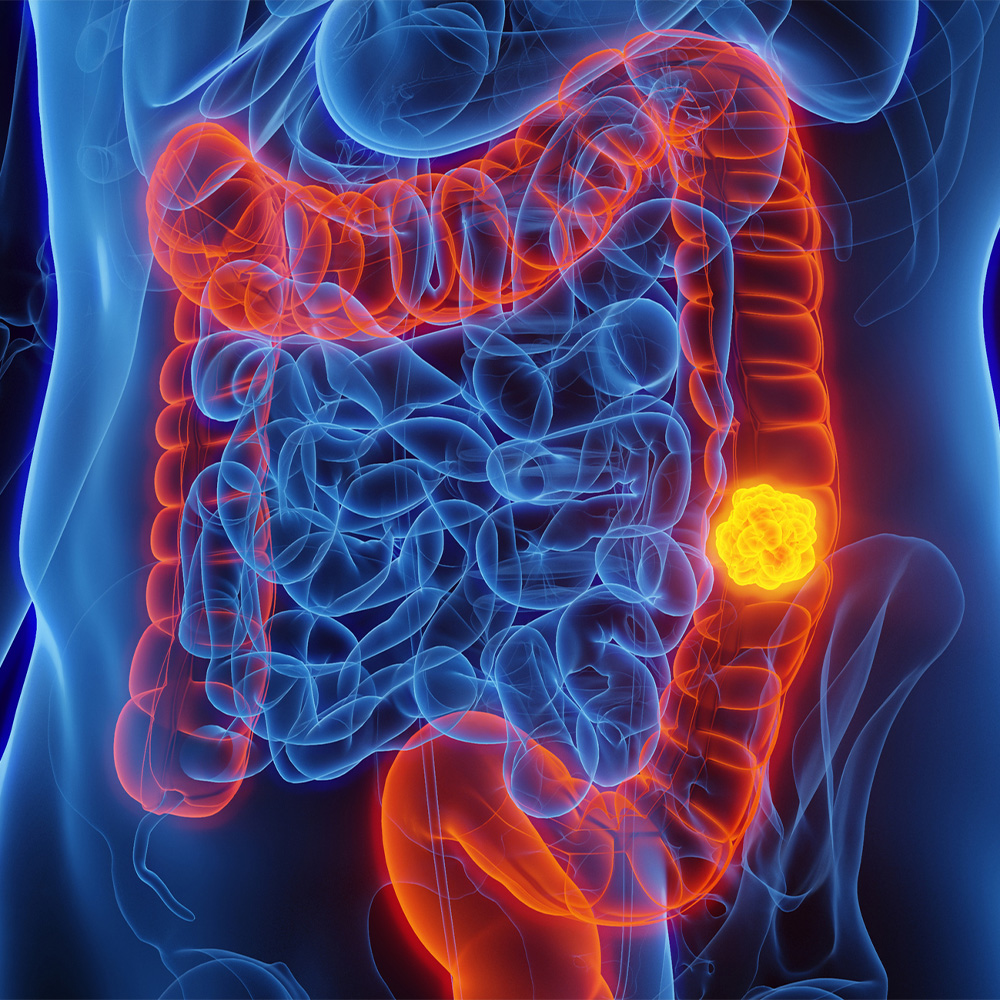Zeroing in on a gene that limits the desire to drink alcohol

In the largest study of its kind, UT Southwestern Medical Center scientists collaborated with researchers in Europe to identify a gene variant that suppresses the desire to drink alcohol.
“In comparing the genetics of more than 105,000 light and heavy social drinkers, we identified a variation in the β-Klotho gene linked to reduced alcohol consumption,” said Dr. David Mangelsdorf, Chair of Pharmacology. “The variant was seen in approximately 40 percent of the people in this study.”
This marks the fifth study in which Drs. David Mangelsdorf and Steven Kliewer report that the hormone FGF21 directly affects the central nervous system.
The study’s findings may aid the development of drugs to regulate alcohol intake. Uncontrolled drinking is linked to two heart disease risk factors in particular: high blood pressure and obesity, according to the American Heart Association. Dr. Mangelsdorf and his lab partner, Dr. Steven Kliewer, were corresponding authors of the Proceedings of the National Academy of Sciences study. Both are members of the National Academy of Sciences, the highest American honor for scientists.
“Excessive alcohol consumption is a major public health problem worldwide, causing more than 3 million deaths per year,” said Dr. Kliewer, a Professor of Molecular Biology and Pharmacology who holds the Diana K. and Richard C. Strauss Distinguished Chair in Developmental Biology.
The UT Southwestern team had previously studied how β-Klotho and the liver hormone fibroblast growth factor 21 (FGF21) binds to the β-Klotho-FGF21 receptor complex.
This study of genetic influences on brain function affecting drinking behavior reflects the promise of pharmacogenetics, a field of precision medicine involving how genes affect responses to drugs, said Dr. Mangelsdorf, also Professor of Biochemistry, a Howard Hughes Medical Institute Investigator, and holder of the Alfred G. Gilman Distinguished Chair in Pharmacology, and the Raymond and Ellen Willie Distinguished Chair in Molecular Neuropharmacology in Honor of Harold B. Crasilneck, Ph.D.
The study compared the genetics of light and heavy social drinkers of European ancestry participating in nearly four dozen other large population studies worldwide. In addition to providing samples for genetic analysis, the participants answered questionnaires on their weekly drinking habits.
This marks the fifth study in which Drs. Mangelsdorf and Kliewer report that the hormone FGF21 directly affects the central nervous system.
A study published in December 2015 found that FGF21 works via the brain’s reward pathway to reduce cravings for sugar and that FGF21 needed β-Klotho to function in that signaling pathway. The current study indicates that FGF21 requires β-Klotho in the signaling pathway that suppresses alcohol consumption, Dr. Mangelsdorf said.




